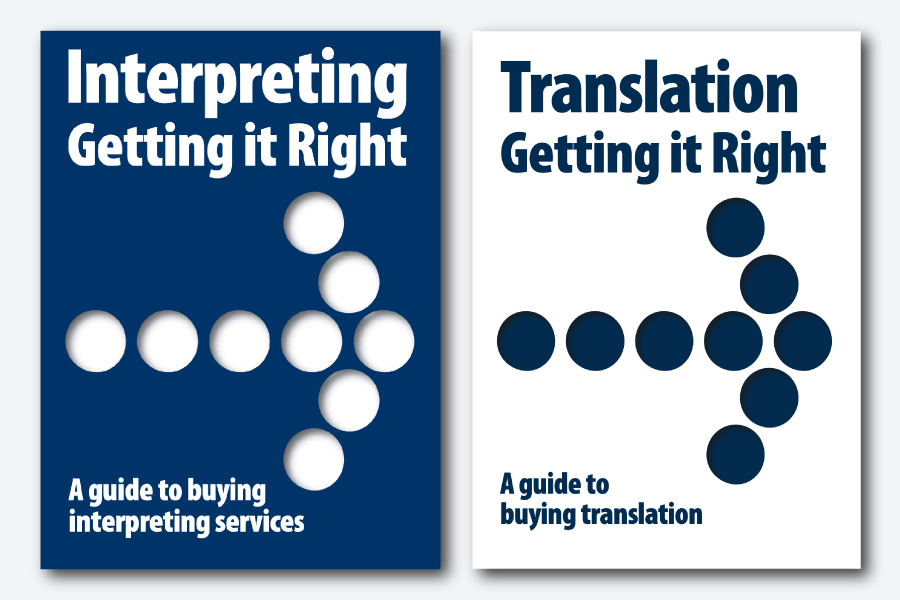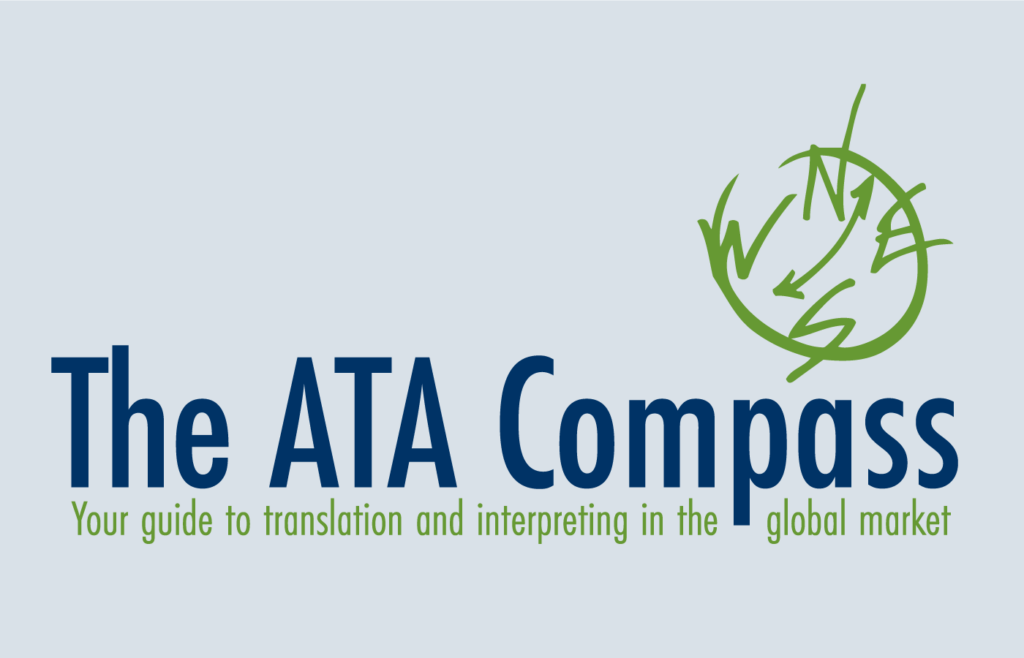Arriving at the Right Type of Language Professional
Business people don’t have to communicate with extraterrestrials (yet), but they can still learn a few things from the sci-fi thriller Arrival. The blockbuster film put a language professional in the leading role. Hollywood star Amy Adams plays Dr. Louise Banks, a linguistics professor asked by U.S. Army Intelligence to help communicate with an alien species that has arrived on Earth. However, the film blurred the lines between the three professions of translator, interpreter, and linguist, reinforcing some common misconceptions most business people have.
In today’s globalized world—with aliens arriving or not—many people need help with language. When you do, it’s helpful to know the difference between the types of professionals involved in the process. Who do you call for a meeting with a new or potential overseas client for your small business or when you need to localize your e-commerce company’s website for foreign markets? Who do you contact when you receive a contract from a foreign country or medical records from an employee who required medical attention while on an overseas business trip?
Put simply:
Translators help you with written material, like contracts, letters, brochures, and websites.
- Before pushing that “Would you like to translate this?” button for the material that your advertising people spent weeks refining, remember that the nuanced language geared toward persuading others to buy your products or services is best translated by a human who specializes in your company’s line of business.
- If you’d like to create a professional-looking brochure or web page in other languages for new target markets, the last thing you should do is trust that task to an automated translation tool instead of its flesh-and-blood counterpart.
- Should you be in a position to apply for an international patent for your product, you will definitely want a human patent translator specialized in your field to do that work instead of trusting a machine translation into languages unknown to you. Not doing so may lose you the patent if something in the application is mistranslated.
Interpreters help you with spoken language in business, legal, and medical settings.
- Say a potential client wants to visit your facilities before deciding to place an order for your products. What a great impression you would make if you hired an interpreter to accompany you both on a guided plant tour so that all questions and answers could be handled in each party’s dominant language, thus putting everyone at ease. Hiring the same interpreter for a preliminary or follow-up telephone or video-conference meeting would go that extra mile toward sealing the deal and keeping this client’s business for years to come.
- Savvy business owners and managers also hire interpreters for employee health and safety training meetings that include limited-English-proficient workers. This helps them meet Occupational Safety and Health Administration compliance requirements and keep their operations running smoothly and without interruption from preventable accidents.
- Conference interpreters ensure that all attendees at an international business or medical gathering understand the presenters’ messages and are able to ask questions about each presentation’s content.
Linguists analyze language (including structure, history, and more).
- To decipher an unknown extraterrestrial language, the linguistics professor in Arrival works with the aliens to learn the basic concepts of their language—the individual words and what they mean, building a lexicon as she goes. In the end, she has to use a complex, computer-assisted analysis to break the code and understand how the alien language works. This is neither translation nor interpreting, but linguistics.
- In the real world, linguists help translators do their jobs by developing and updating the terminology management software that allows those translators to work more quickly and efficiently, resulting in lower costs for their client and ensuring consistency throughout the entire translated document or website.
One thing that translators, interpreters, and linguists all have in common is that they draw upon their extensive experience to solve linguistic “puzzles.” The stakes might not be as high as saving the planet from potential annihilation, but the work of all three professions is vital all the same, helping:
- businesses communicate beyond borders;
- governments avoid conflict; and
- health care providers make life-saving decisions, to mention only the tip of the iceberg.
In order to “arrive” at the right language professional, you have to understand your needs. In the movie, the producers understood they needed a language expert as their protagonist, even if they mixed up the terms for how she went about helping them communicate with the aliens. What they did get right was to demonstrate that language professionals all draw upon:
- extensive language study;
- expertise in the field;
- research skills; and
- their ability to learn and utilize the latest technologies to solve linguistic “puzzles.”
About the Author
Anne Connor is a professional Spanish and Italian-to-English medical and legal translator and an active member of the American Translators Association (ATA). The ATA represents over 10,000 translators and interpreters in more than 100 countries. Along with advancing the translation and interpreting professions, ATA promotes the education and development of language services providers and consumers alike.
ATA is Making News
ATA provides content for professional and trade publications to spread insight to a wide range of readers. This article appears in the following publications:
- Article Weekly (March 20, 2017)
- Meetings Net (March 20, 2017)
- Small Business Exchange (March 23, 2017)
- Business Opportunities Handbook (August 8, 2017)







